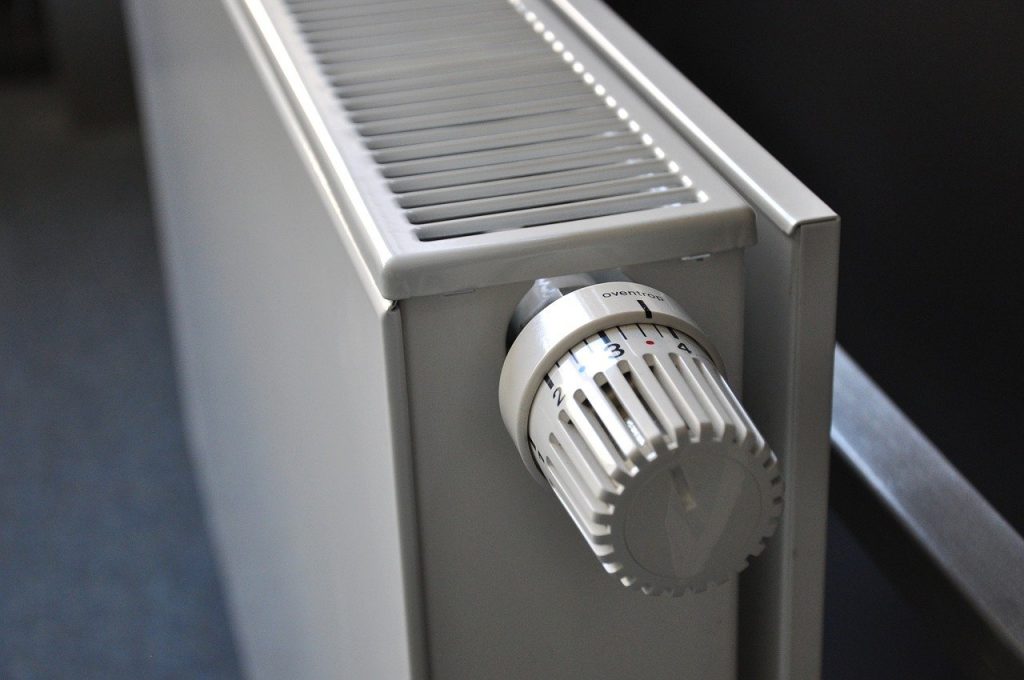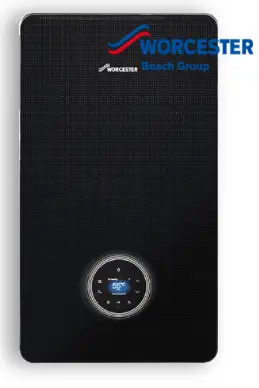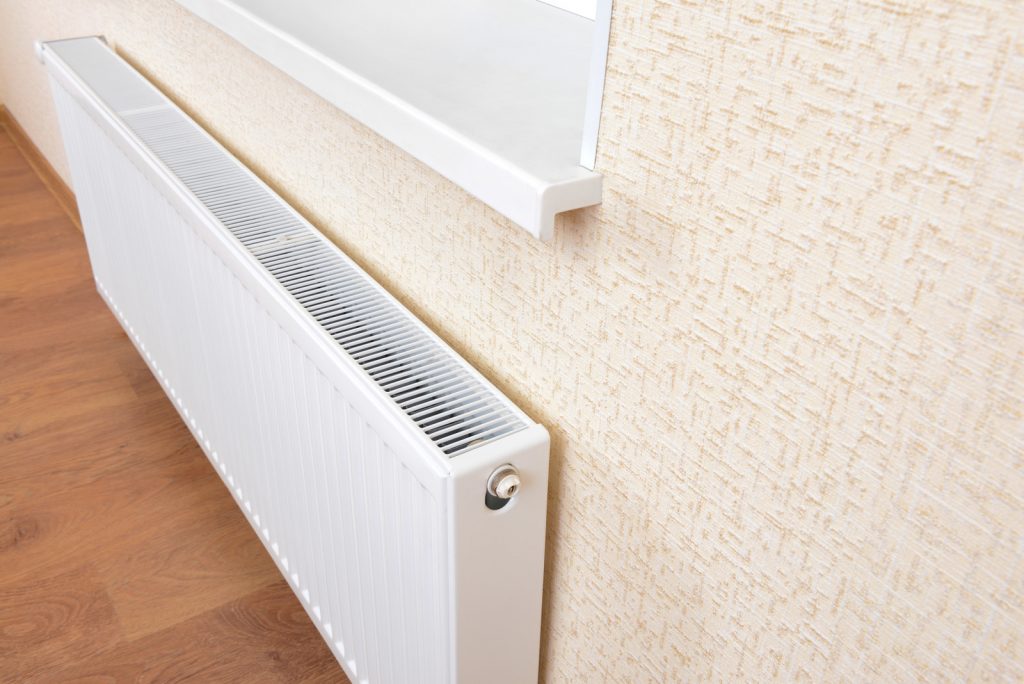This is one of those important questions that need to be asked when choosing a new boiler. However, the correct question should be: If there are this many radiators in my property, what size boiler will I need? Because you don’t get the number of radiators to match the boiler, you get the boiler that can handle and heat this many radiators.
How many radiators can a boiler handle?
As a guide, if you have 12 radiators in a property, a 24-27kW output combi boiler will provide the required heat. Large sized combi boilers between 35-42kW output can handle up to 20 radiators. But if there are too many radiators in a system, they won’t all get hot enough for a room.

If you have a heat-only boiler, it will heat up even more radiators. If you have or want a system or regular boiler, they don’t need to be as big as they incorporate a separate hot water cylinder for heating and storage of water for domestic use. So a boiler between 27 and 40kW output would be sufficient for up to 20 radiators.
- Click to go to our recommended page to see which company we recommend for the best radiators.
How is boiler size measured?
The size of a boiler is normally measured in kW (kilowatts) output and is related to the amount of heat it can produce. The total amount of energy a boiler can generate in a certain time period, usually each hour, is expressed in kW output. A higher kW boiler generates more heat and can usually heat a larger room or deliver more hot water.
You should choose a slightly higher kW if you think the hot water demand will be higher. Don’t select a small than recommended boiler as you may face performance issues.
When you are looking for a new system to install, there are many considerations that need to be taken into account. Some questions you should ask are: What are your heating and hot water habits? Are you looking to extend or add rooms? Where is your current heating system located etc.
What does kW output mean for a boiler?
The kW output of a boiler will determine its size and how much it will cost to run. Generally, boilers with higher kW outputs will cost more to purchase, however, a higher kW output will also result in higher efficiency, meaning it will cost less to run in the long run.
This is because higher kW boilers can heat a larger area more quickly and efficiently than a lower kW boiler, reducing the amount of energy needed to heat the same area.

As a rough rule, to estimate how big a boiler you will need, add up all small radiators in your house at 1kw each, medium radiators at 1.5kW each and big radiators at 2kW each. When you have totalled it all up, this is the central heating output you will require in your home.
The hot water output will be higher as hot water needs to be replenished when it leaves the taps. So in most cases, this is what you need to look at when sizing a boiler.
How many radiators can a 24kW boiler run?
Depending on hot water requirements, a 24kW output boiler can run 12 radiators in a house, which can be a 3-4 bedroom property. The engineer will check if the pump is the right size for the expected demand, especially for hot water.
How many radiators can a 18kW boiler run?
A combi boiler doesn’t start from 18kW output so you would need a system or heat only boiler for this size. If you’re thinking of having or already have a system boiler, then an 18kW boiler could handle around 12 radiators plus requirements from 1-2 bathrooms.

How many radiators can a 30kW boiler run?
A 30kW boiler will be able to run up to 15 radiators within a property which also includes 1-2 bathroom requirements. For properties with a higher demand for hot water, the higher kW rating will give a better water flow rate.
Can a radiator leak gas? Read this article to find out >>
Can I add more radiators to a boiler?
Adding one or two radiators to a system won’t cause any problems and you won’t have to buy another bigger boiler for them. As long as your boiler’s output is capable of handling the extra demand it should be fine. As a rule of thumb, one radiator’s demand is about 1.5kW.
One of the reasons people upgrade their boiler is to save money in the long term. To make the best use of a new boiler is to also update the radiators at the same time.
Many boilers nowadays are oversized so can handle more radiators than rooms normally, even adding an extra radiator should be fine. Just make sure to check with the boiler manual or ask a heating engineer if needed.
If you want to have peace of mind with boiler cover, click this link to our recommended page for YourRepair which is a leading independent, national provider of boiler and home care plan, and kitchen appliance care plan for homeowners and landlords. They offer fixed prices for up to three years on home and boiler care, regardless of how many claims are made.
Installing new radiators makes the most of the heat provided by the boiler as old units don’t radiate heat as well as new radiators, which provide a more efficient heat output, due to having no sludge or debris in them.
There are many types of radiators that will accommodate homes of almost any style or size.
Does a Higher kW Boiler Cost More to Run?
In terms of cost, higher kW boilers tend to cost more to purchase initially but they can be more cost effective in the long run, as they will run more efficiently and use less energy overall. It is important to remember that the size of a boiler should be matched to the requirements of its intended use.
An undersized boiler will not be able to provide the necessary output, while an oversized boiler will be less efficient and cost more to run.
Summary
The main factors to consider when choosing the right boiler size are:
- The number of rooms that have or require radiators to be heated.
- The number of bathrooms that the boiler will service, rather than an electric shower.
- The number of people in the household.
In terms of cost, higher kW boilers tend to cost more to purchase initially but they can be more cost effective in the long run, as they will run more efficiently and use less energy overall. It is important to remember that the size of a boiler should be matched to the requirements of its intended use. An undersized boiler will not be able to provide the necessary output, while an oversized boiler will be less efficient and cost more to run.
*The information in this article should be used for general guidance only and not as financial or health advice. Full details are on the link in the footer to our disclaimer page. Always discuss your requirements with a competent and suitably qualified professional before undertaking any work.
